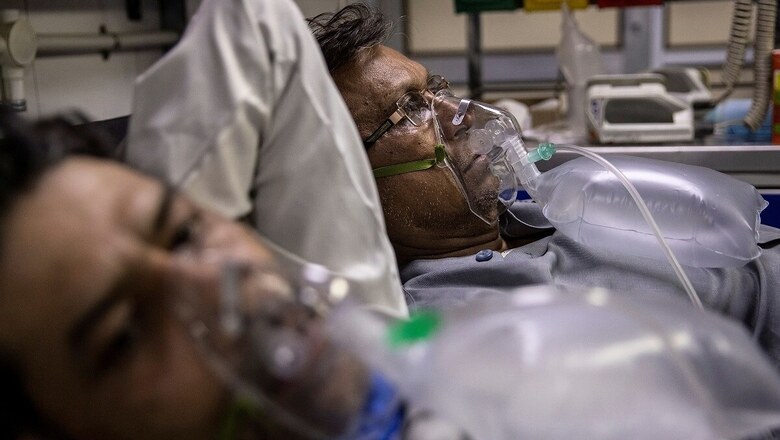
views
Indians born in the 1950s have lived through a major part of our nation’s independent history. We grew up in the 1960s listening to Mohammad Rafi singing, “Hum laye hain toofan se kashti nikal ke, iss desh ko rakhna mere bachhon sambhal ke.” Our generation followed the one to whom our freedom fighters had handed over our nation – an India with a weak economy living on foreign aid (remember wheat aid through US PL 480?), a communal divide that reared its head very often and neighbours with whom we went to two wars in the decade of the ’60s. But we kids believed in India being a golden bird and as we left school and went our different ways. This desire to see India up there in the comity of nations didn’t diminish one bit.
The Indian Air Force that I joined took me to many places, and one was to Israel, a country one had grown up admiring. American author Leon Uris’s masterpieces like ‘Exodus’ and ‘Mila 18’ had engendered a feeling of empathising with the underdog who rises up and comes of age with his own determination.
Symbolically, that spirit is represented in one huge photograph in the Holocaust Museum in Jerusalem. As we moved around seeing the gory Nazi memorabilia, the guide stopped in front of that picture which showed a six or seven-year-old boy, with the star of David pinned to his chest, giving the Nazi salute to German soldiers passing by. The guide pointed to that boy and said, “Never again.” The Israeli officer accompanying our delegation repeated, “Never again.” The picture had been put there, said the guide, to remind the Jewish people that never again would they be so powerless.
It’s time now for India, as it sees photographs of Covid-19 burning pyres stacked close to each other as if jostling for space, to say “never again.” It’s time for us, as we see videos in the foreign press of crematoria glowing red at night, to say “never again” should we be objects of such helplessness and pity. Never again should Twitter be flooded with pleas for basics like oxygen and hospital beds. And worse, asking for a crematorium where they could take their dead for a final send-off, as the regular one was full. Never again!
It is time, actually high time, that our polity did some deep introspection of how we, a proud people in our own right, have been reduced to an object far removed from the slogan of India being a “Vishwaguru”. We may have been that earlier, but have we regained that stature for politicians to start shouting this from rooftops? Has our nation achieved the capacity to support the myriad requirements of our vast population? Do we really have power? Do we even understand the difference between influence, weight and power? To quote Shiv Shankar Menon, our former national security adviser, who said in a Prem Bhatia Memorial lecture a few years back at Chandigarh, “Power is the ability to create and sustain outcomes. Weight we have, our influence is growing, but our power remains to grow and should first be used for our domestic transformation.” Have we transformed to a level such that we can withstand a few tremors that the environment may subject us to? If the fallout of the Covid 19 ‘tremor’ is any indication, we have a considerable distance to travel.
The virus would indeed lose, as it must, but planning for the post-Covid phase should commence now. It’s not the financial, trade or social security plans et al that one is talking about, for these are normal bureaucratic paths that would be treaded in routine governance. It is the more fundamental issues of social harmony, societal cohesion and institution building and their effectiveness that form a nation of substance and not one of rhetoric. The havoc that the second wave has caused has projected our polity as tactical in its thinking and petty in its approach to achieving grandeur – else we would not have become aid recipients again. In a nation’s drive to greater heights, history would fondly remember those who leave behind a solid foundation for others to build on; the former may not be around to hear the accolades which the latter would receive but it is they who would be remembered for their resolution of never being surprised again, the one which they took when the Covid toofan (as PM Modi put it) hit India in 2021. The Covid second wave should act as a catalyst like that young Jewish boy in the Jerusalem museum photo; to galvanise India’s journey to better days, let’s all — irrespective of our ideologies — get together and say, “Never again!”
(The author is Additional Director General, Centre for Air Power Studies, New Delhi. Views are personal.)
Read all the Latest News, Breaking News and Coronavirus News here. Follow us on Facebook, Twitter and Telegram.




















Comments
0 comment